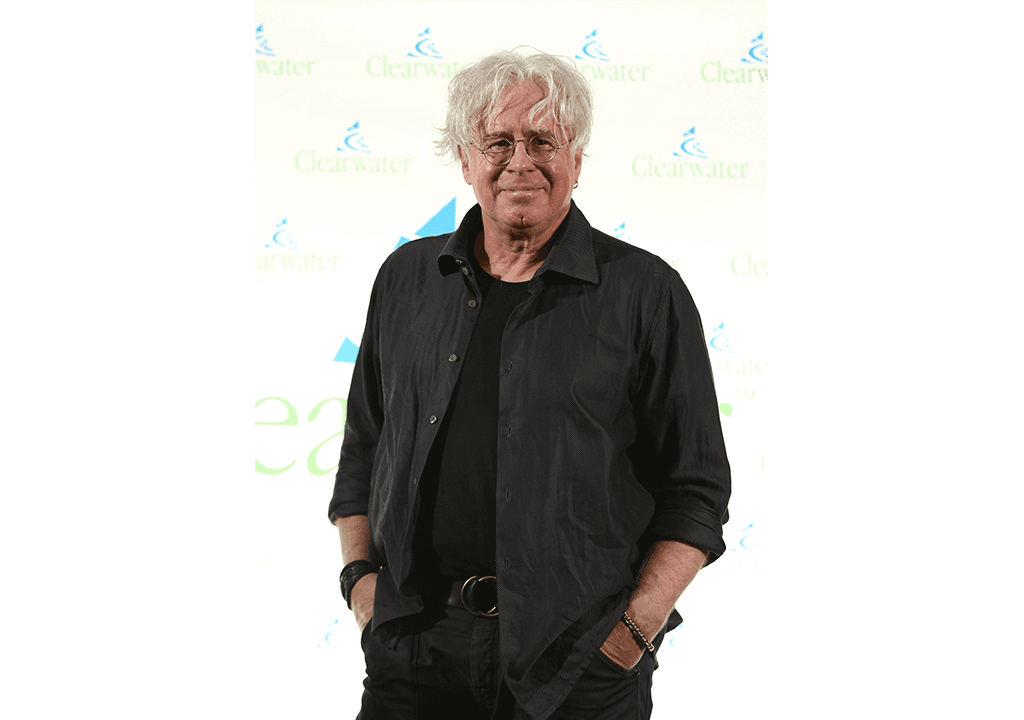“Rumours of Glory,” Bruce Cockburn’s long-in-the-works memoir, talks about the Ottawa-born singer-songwriter’s passions, music, relationships, and spiritual odyssey.
The book was released last month, preceded by a box set of the same name consisting of eight music CDs and a DVD of concert footage shot during his Slice O' Life Tour in 2008.
A chronology of Cockburn’s life and career, the book tells of a sensitive young boy who always wanted to be a musician, didn’t like attention, and eventually grew up feeling that he was emotionally remote in his interactions with people and in his love relationships.
He gives credit to the women he has known for helping him evolve as a person and become comfortable with strangers.
“Relationships with women would in large part guide my evolution as a human being,” he says in the book.
That, plus therapy and dream analysis, have brought Cockburn to the comfortable place he occupies today.
His first marriage lasted 11 years and produced a daughter, Jenny, who is now in her 30s and a mother of four who teaches at Concordia University in Montreal.
One chapter discusses his love for a woman who is never named. At the time of their affair, she is married and he is in a committed relationship. The depth of feelings evoked by the woman shook Cockburn to the core and opened a closed part of his heart.
They stopped seeing each other after a short, intense romance, and although it was the woman’s choice and Cockburn felt bereft, the clandestine nature of their relationship never did fit with his belief in the importance of monogamy.
Activism
Cockburn explains that he was always aware of those with less and of the earth’s vulnerability. As he travels to different countries and sees the consequences of greed and misused power, he puts his responses and feelings about the situations into songs.
In the book, lyrics of the resulting songs are interspersed with stories of their birth. The iconic “If I Had a Rocket Launcher” was written in Guatemala in 1983 after he saw the devastation inflicted by the Guatemalan army, which killed 200,000 villagers over a period of five years. He mentions his misgivings about playing the song and that he eventually came to understand that listeners didn’t think he was promoting violence.
Cockburn and two other musicians had been recruited by Oxfam Canada to witness and report on what they saw in Guatemala. Other NGOs and humanitarian groups have since sent him to various other countries for the same purpose, including Chile, Honduras, Mozambique, Nepal, and Vietnam to name a few.
Cockburn’s music contains social commentary, love songs, lyrics with a political stance, and songs about his spiritual relationship with “The Divine” as he calls it.
In 1977 he was labelled a protest singer in reviews of an album that contained the song “Gavin’s Woodpile.” However, he explains that he never meant for his songs to protest anything. The music just reflects his observations and feelings about what he was seeing and knew to be true.
Box Set
The box set contains Cockburn’s huge songbook of tunes, with the concert DVD zooming in on his unique style of guitar playing. The songs, 117 in all, are presented in the same order in which they appear in the book and were curated by Cockburn himself.
Each set is numbered and signed by Cockburn and contains a booklet with rare photos and information about the musicians that played on each song.
CD number 8 contains 14 tunes comprised of some lesser-known pieces and unreleased works, such as a sensitive version of Gordon Lightfoot’s “Ribbon of Darkness” and a delicate treatment of Pete Seeger’s “Turn, Turn, Turn.” Both were originally released in tribute albums.
Cockburn’s almost 50-year musical career has garnered him many awards and citations, including being made an Officer of the Order of Canada in 2002. In May of this year he received the Allan Slaight Humanitarian Spirit Award for his social activism and benevolent support of humanitarian interests and causes.
The memoir more or less ends in 2004 but does mention his second wife MJ Hannett, an American immigration lawyer whom he married in 2011. They have a three-year-old daughter and live in San Francisco.





